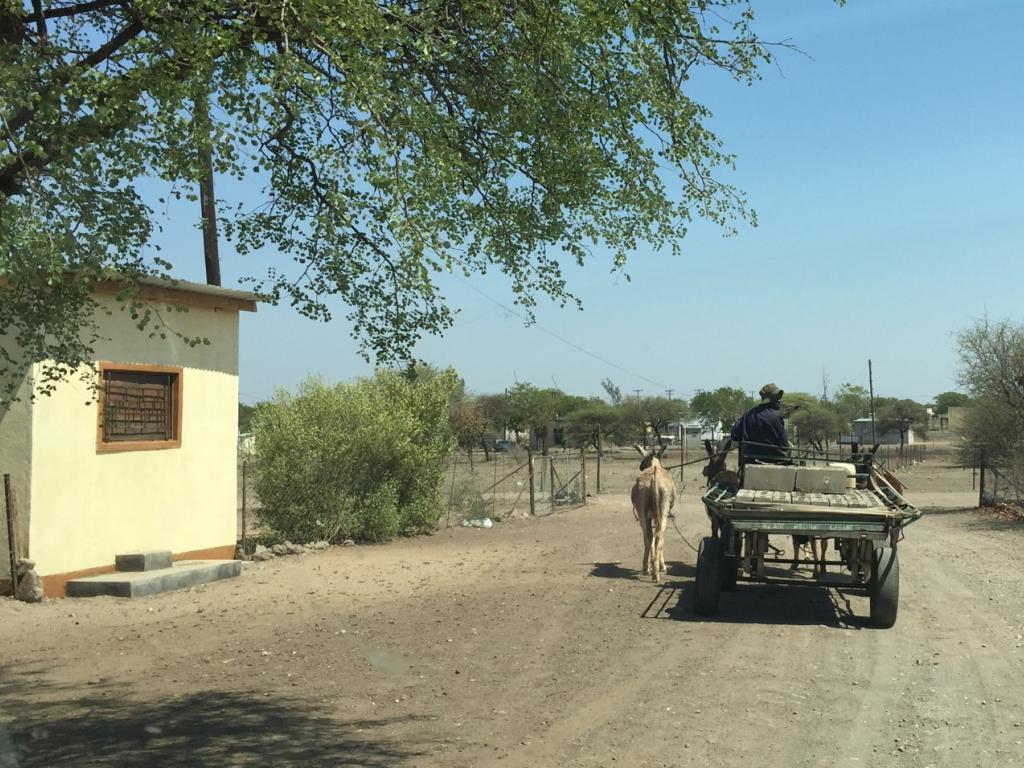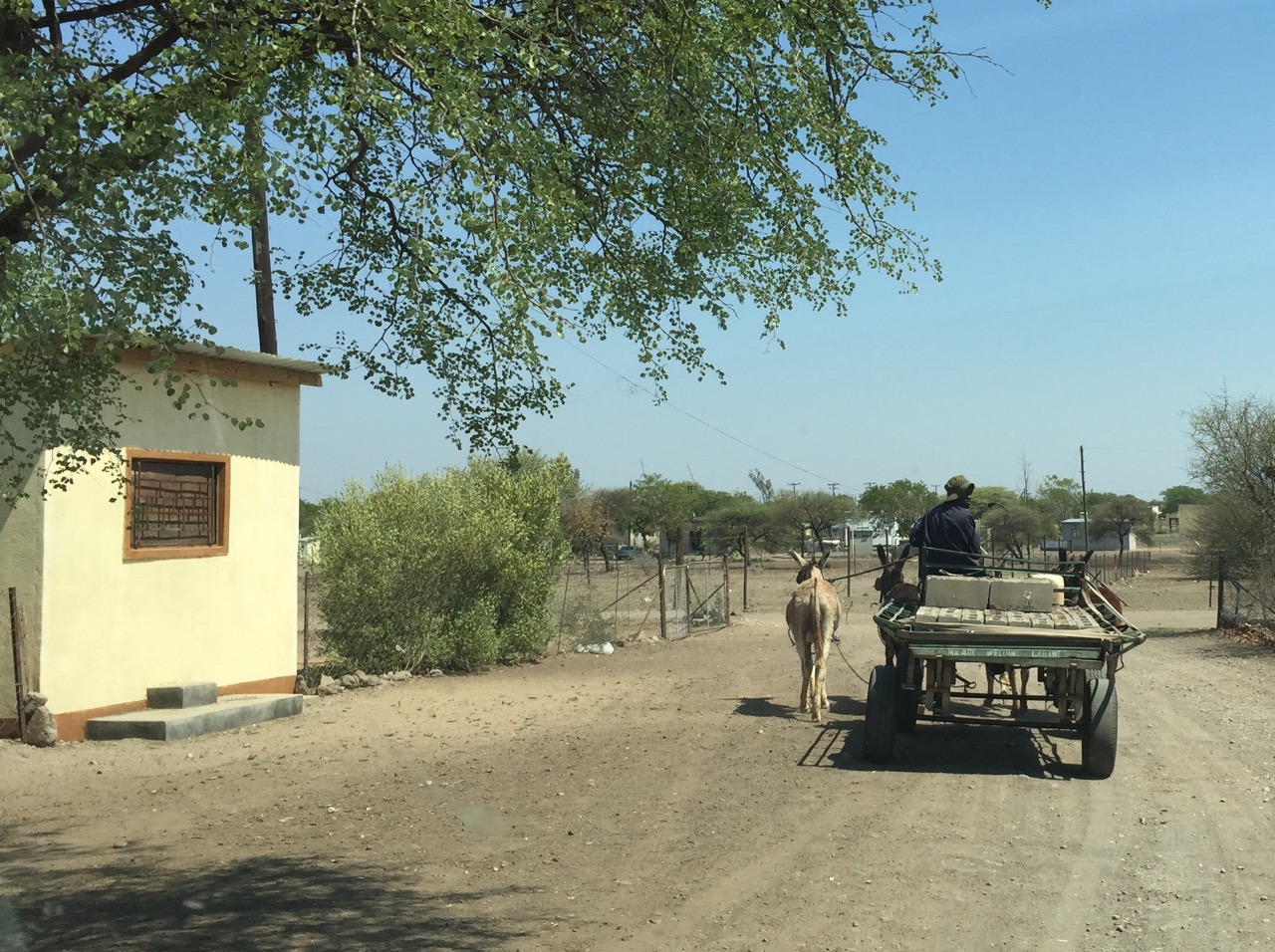Dealing with the strain of drought in Botswana

By Gina Ziervogel

The impacts of drought are felt by all
Botswana is a semi-arid country and no stranger to drought. However, the recent drought years put a severe strain on the agricultural practices that support most households living in rural areas. In Ngamiland, drought led to widespread hunger and some farmers had to stop farming and instead make furniture for extra income. This affected food security, which ultimately impacted on nutrition, especially for children.
The drought also had a major impact on the capital city, Gaborone. The city dam ran dry. Access to tap water was restricted to alternate days only, and people had to find other ways of meeting their daily water needs.
|
The outcry over this water shortage prompted the Water Apportionment Board to change the way that water is allocated. They retracted water rights from certain areas and became much more cautious about water allocation. |
They are also aiming to develop new strategies that ensure that the biggest users of water pay for the resource.
Why the water shortage?
Although limited rainfall contributed to this drought, urban growth, poor infrastructure and planning, and poor water-demand management have been recognised as the main underlying problems. According to a hydrological engineer from the Department of Water Affairs, the conjunctive use of surface water and groundwater needs to be improved and this requires more expertise than is currently available in the country. Water sector reforms are underway. Mandates are not yet clear, and decisions are often based on outdated data and understanding.
Switching to water-resilient livelihoods?
In addition to the general improvement of water management, there is a need to reduce the reliance on agriculture. This is particularly necessary given the likelihood of climate change worsening droughts in future. Yet, farming is such a large part of people’s identity and culture, that shifting to other livelihoods will be difficult. One agricultural research officer said that it was not possible to move away from farming now, as 80% of people in the country are agriculturalists. He added that a livelihood switch might be suitable for future generations, but for now people need to focus on making their agricultural livelihoods more resilient. Although there are many agricultural support programmes and subsidies, these do not contribute to building resilience, and unfortunately, it seems that some of the ways that rural communities used to cope with rainfall variability are not as strong as before.
|
While there are no easy solutions to the water challenges in Botswana, it’s clear that much needs to be done to develop ways of coping better with current and future climate variability at all scales - from the farm level, to the district and national levels. |